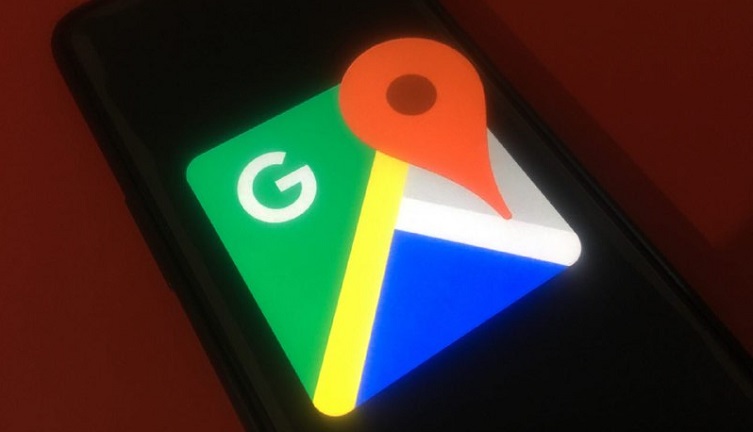What do you make of Xiaomi's latest software update policy (2 years of support & quarterly security patches even for premium devices)?
— PiunikaWeb (@PiunikaWeb) July 18, 2021
Vote below & read our opinion here: https://t.co/ePJp7ZBvqa
New updates are being added to the bottom of this story…
Original story (from July 18) follows:
Smartphone hardware has for the most part reached its saturation point. Not much can change in terms of the existing stuff, which is why software is such a crucial aspect for vendors.
With increased focus on software, more people are becoming concerned about the technical capabilities and features each iteration brings, how frequent the updates roll out, and even the timeliness of the releases.
Sure, there are several people with smartphones running an OS that isn’t Google’s Android or Apple’s iOS. But we all know that at least until Huawei’s HarmonyOS becomes a thing, the battle remains between Android and iOS.
And having been around for over a decade, the duopoly that is Android and iOS has matured enough. Both platforms are well polished and highly decked out with features.
However, the two have always been at opposite ends when it comes to software support – both the duration of support as well as timeliness of the updates.
While neither Android nor iOS is unlikely to disappoint you, buying an iPhone almost certainly guarantees you the latest iOS updates for at least five years.
The 2015 iPhone 6S and iPhone 6S Plus, for instance, are eligible for the upcoming iOS 15 update. On the contrary, not even Google’s Pixel 2/XL from 2017 are eligible for Android 12 update.
And if Google, the benchmark of Android’s software updates, is no longer supporting Pixel devices that are less than four years old, what about other Android vendors?
Well, the biggest of them all, Samsung, is undoubtedly doing a commendable job. The Korean company has been striving to bridge the software support gap between Android and iPhones over the recent past.
Although nowhere near Apple’s unbeatable software update policy, Samsung now guarantees up to three major Android OS updates for its premium and midrange devices alongside four years of regular security updates.
For Galaxy devices in Google’s Enterprise program, Samsung promises up to five years of security updates – four years of monthly patches and one year of quarterly updates.

Not long ago, an unlikely OEM, Vivo, also joined the party by promising up to three major OS updates for its premium line of X devices. Not enough, but one step forward.
Oppo, generally, is also doing a decent job with software updates, albeit with room for improvements. But amid all these efforts to bridge the gap between Android and iOS software updates, Xiaomi has just taken the wrong turn.
As a household name, one would expect Xiaomi to resonate with the moves other big players are making towards improving their software update policy.
We’ve highlighted the need for some of its popular Redmi Note devices to at least be considered for two versions of Android OS upgrades, a move that has seemingly materialized.
PiunikaWeb readers will also be familiar with our desire to see Xiaomi pushing at least three major Android OS updates to its premium Mi series.
But for some reason, the company does little to differentiate the software experience on its premium and budget devices. And as if to rub salt in the wounds, Xiaomi has published a damning software update policy that doesn’t sit right with me.
We release monthly and quarterly security patch updates on Xiaomi devices for at least two years after product listing in the marketplace. Monthly and quarterly security updates will include Android security patches released by Google, as well as patches for Xiaomi-specific issues.
The software update policy is as retrogressive as never seen before, pulling back all the efforts Android is making towards providing regular and longer software update support.
According to the document, not a single MIUI-powered device will be receiving monthly security updates from Xiaomi. As it stands, only Android One-powered Mi A3, Mi A2, and Mi A2 Lite get monthly updates.
As for the rest, including the premium Mi 11 Ultra, the best Xiaomi can offer is quarterly security updates. To make matters worse, this will only happen for up to two years after the device started selling.
Yeah, that’s right! The $1,000+ Mi 11 Ultra will only be good for two years and that too on quarterly updates and that’s it!
This is utter crap and totally unacceptable from a company as big as Xiaomi. With the global dominance it has, setting an example or at least following the leaders is the bare minimum I expect.
At a time when Samsung, Vivo, Oppo and others are striving to provide longer software support and that too on a regular basis, it’s only right that Xiaomi follows suit. But with this software update policy, Xiaomi is actually pulling back Android as a whole.
This needs to end, and only Google can end it by outlining a clear software update policy for all major Android partner OEMs like Xiaomi, Samsung, Oppo, and Vivo and what is required of them in order to keep access to the free AOSP.
This should prevent other lazy players like Xiaomi from putting forward retrogressive software update policies that only serve to widen the gap between Android and iOS software updates.
Do share your thoughts in the comments section below. We also welcome your vote on the Twitter poll below.
Update 1 (July 25)
IST 11:45 am – The poll results are out.
While 82.8% believe Xiaomi’s update policy of 2 years of support & quarterly security patches even for premium devices is terrible, 5.7% consider it’s nothing unusual and 11.5% don’t care about it.
Update 2 (September 13)
IST 1:14 pm: Android OEMs are slowly but surely coming around and now, the Xiaomi Mi 11T series of devices have been promised 3 years of Android OS upgrades and 4 years of security updates.
PiunikaWeb started as purely an investigative tech journalism website with main focus on ‘breaking’ or ‘exclusive’ news. In no time, our stories got picked up by the likes of Forbes, Foxnews, Gizmodo, TechCrunch, Engadget, The Verge, Macrumors, and many others. Want to know more about us? Head here.

![[Update: Sep. 13] Xiaomi's software update policy is pulling back Android as a whole [Update: Sep. 13] Xiaomi's software update policy is pulling back Android as a whole](https://stage.onepluscorner.com/wp-content/uploads/2021/07/Xiaomi-security-updates-software-update-policy.jpg)

